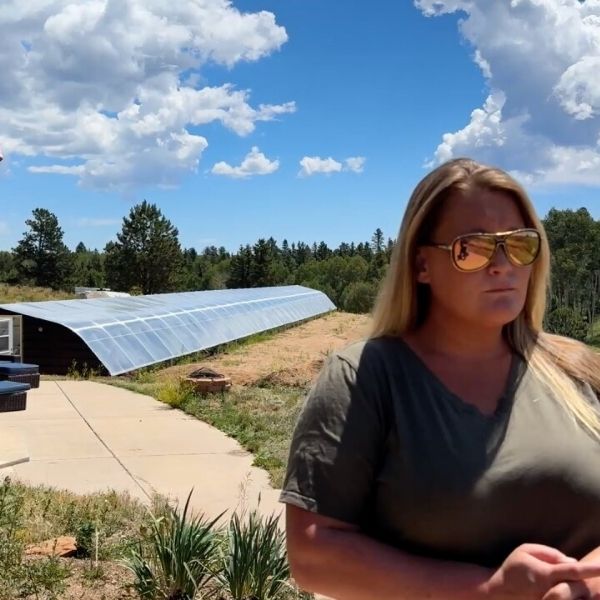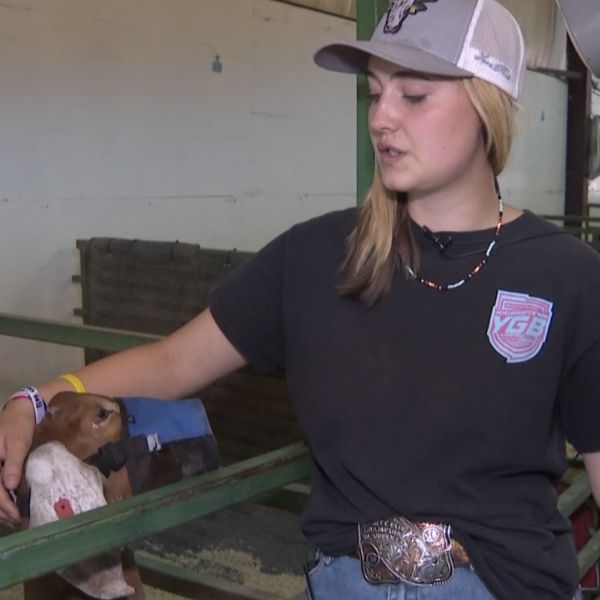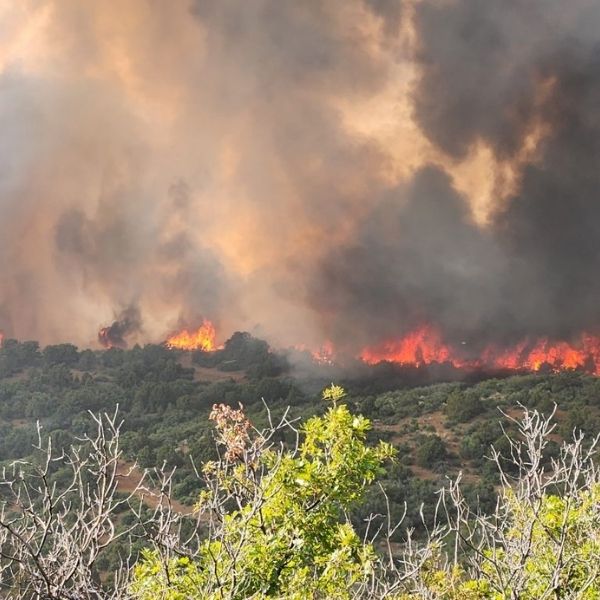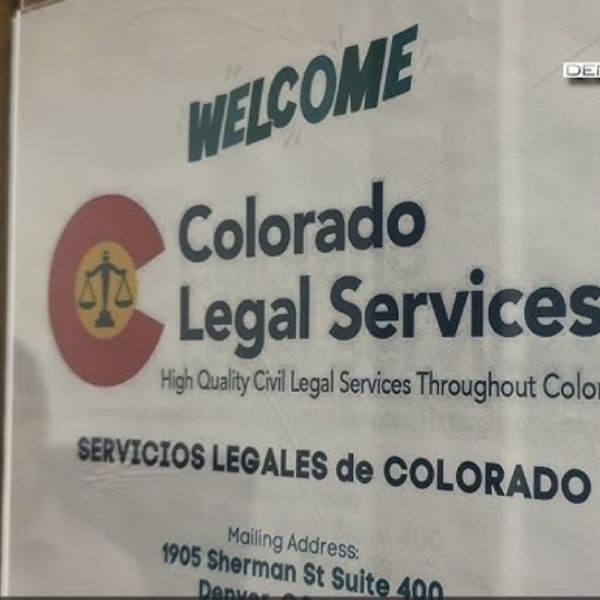A Colorado woman is refusing to take down her nearly 3,000-square-foot greenhouse after the county ordered its removal, insisting she built it legally and plans to fight for it.
Virginia Loop, who lives along Moss Rock Court on the northwest side of Divide, said the trouble began in June 2024 when a new code enforcement officer visited her property during excavation for a greenhouse kit. Loop claimed she explained that, under building code exemptions for agricultural structures, a permit wasn’t needed.
In an email shared by Loop, she cited Section R105.2 of the building code, which exempts agricultural buildings from permits as long as they are used strictly for agricultural purposes, meet county assessor guidelines for agricultural land, are not used residentially, and follow setback requirements. She said she told the officer she’d need a permit only once electrical work began.
By May, Loop began installing electricity and obtained a permit, but soon received a stop-work order for not having a permit for the greenhouse itself. By then, she had already invested over $150,000 into the project.
“I went to the planning and building department to file an appeal,” said Loop. “I brought the email from the code enforcement, and they told me to speak to the director. They pulled the first stop-work order so I could finish the electrical work. We put in $15,000 more, and after the inspection, they gave me another stop-work order.”
Loop planned to use the greenhouse to grow crops for her neighbors and allow her sons to sell the produce at a local farmers market.
Teller County officials, however, disagree with her interpretation of the law. In a letter issued to Loop, they stated:
-
Her property is zoned residential, and commercial greenhouses are not allowed.
-
The property doesn’t meet home occupation or agricultural exemption criteria.
-
The property relies on a residential well, which can’t be used for agriculture or commercial purposes.
-
No permits were obtained before construction, and the greenhouse’s size exceeds what would have been allowed.
Loop believes a 2019 state law, the Farm Stand Act, supports her case. The act allows farm stands of any size on any land for selling agricultural products. But county officials argue her greenhouse doesn’t meet the legal definition of a “farm stand” under state law.
“I’m not giving up on my dream,” Loop said. “It’s not just about my greenhouse—it’s about the rights of every person in Teller County. What I’ve seen from the planning department is government overreach and bullying.”
In the July 3 letter to Loop, the county instructed her to:
-
Stop all commercial activity related to the greenhouse.
-
Remove the unpermitted structure.
-
Resolve any well use issues with the Colorado Division of Water Resources.
Loop maintains she trucks in water from a fill station and doesn’t use her residential well for the greenhouse.
So far, no legal action has been taken against Loop. The county stated it prefers to resolve the issue without litigation but expects her to correct the violations and respond with a resolution plan.
















Leave a Reply